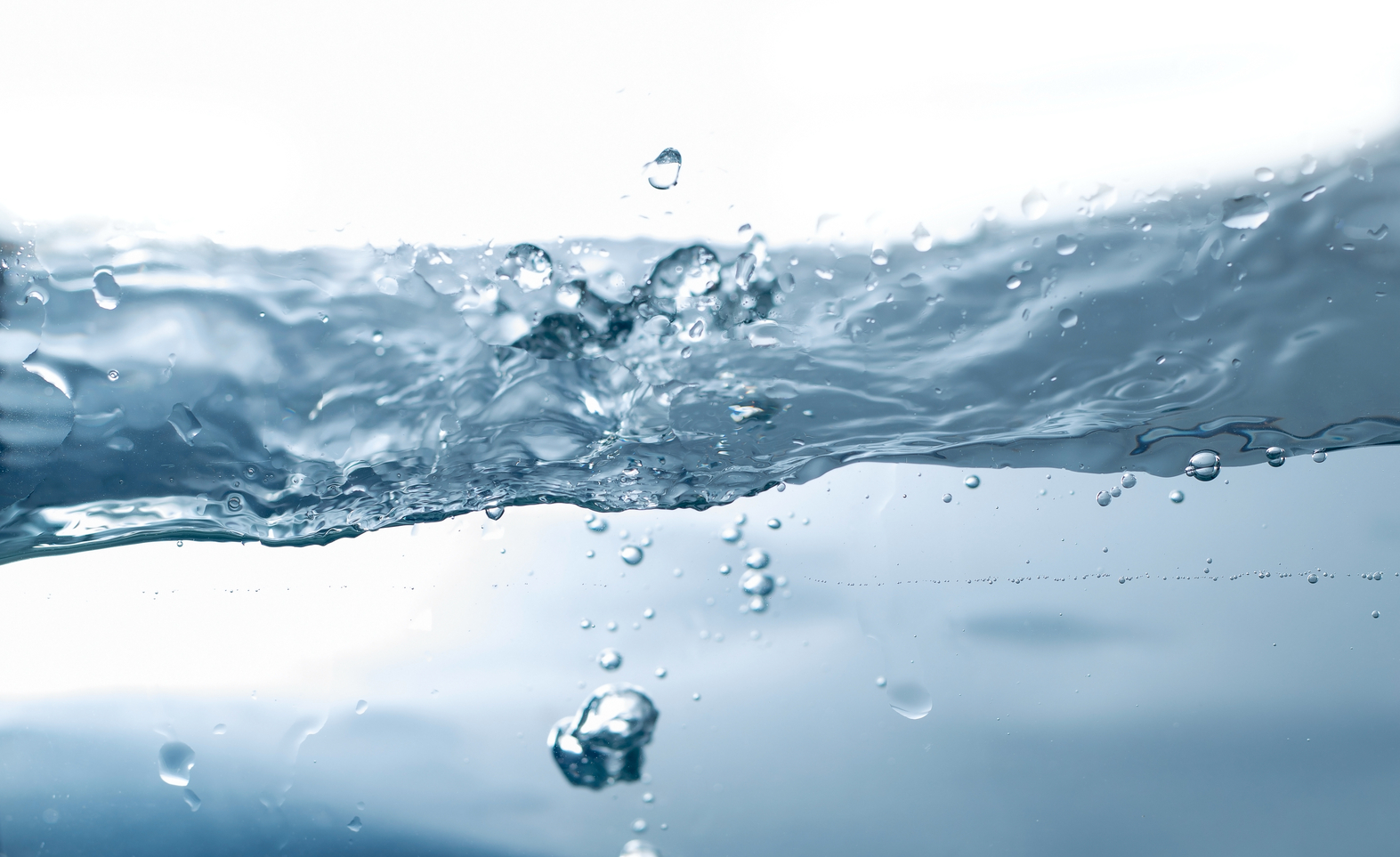
April 19, 2021
In a virtual ceremony, the MoHUA signed an agreement with GmbH, India on Cities Combating Plastic Entering the Marine Environment.
This project has been implemented in the cities of Kanpur, Kochi and Port Blair for a period of three and a half years.
Conceptualised on the ‘Prevention of Marine Litter’ agreement signed between Republic of India and Federal Republic of Germany.
This particular project is aimed at preventing plastic litter from entering water bodies, via the Swachh Bharat Mission.

Under the aegis of Swachh Bharat Mission, in a virtual ceremony, the Ministry of Housing and Urban Affairs (MoHUA), Government of India and Deutsche Gesellschaft für Internationale Zusammenarbeit (GIZ) GmbH India on behalf of the German Federal Ministry of Environment, Nature Conservation and Nuclear Safety signed an agreement on Technical Cooperation : ‘Cities Combating Plastic Entering the Marine Environment’. Attendees included Shri Durga Shanker Mishra, Secretary, MoHUA, Shri Kamran Rizwi, Additional Secretary, MoHUA, Dr Regina Dube, Director General, German Federal Ministry for the Environment, Nature Conservation and Nuclear Safety (BMU), Dr. Antje Berger, First Secretary, Climate & Environment, Embassy of the Republic of Germany and Dr. Julie Reviere, Country Director GIZ India, representatives from the state governments of Uttar Pradesh, Kerala and Andaman & Nicobar Islands and also from the cities of Kanpur, Kochi and Port Blair, where this project is being implemented for a period of three and a half years.
Completely in sync with our Hon’ble PM’s vision to eliminate single use plastic by 2025 and the Swachh Bharat’s mission-urban to focus on sustainable solid waste management, this project has been conceptualised on the ‘Prevention of Marine Litter’ agreement signed between Republic of India and Federal Republic of Germany in 2019. Piling waste in the marine ecosystem has adversely affected not only the fishery and tourism industry but is also threatening marine life along with bearing a negative impact on public health due to increased levels of micro-plastic entering the food chain. Statistically speaking, the amount of plastic waste entering our oceans and marine ecosystems are alarmingly high. It is estimated that 15-20% of all plastics are entering oceans via riverine ecosystems of which 90% are contributed by 10 of the world’s most polluting rivers. Two of these river systems are located in India, namely Ganga and Brahmaputra.
This particular project is aimed at preventing plastic litter from entering water bodies, via the Swachh Bharat Mission. Aiming at enabling cities to improve collection, efficiently segregate and market plastic waste, prevent plastic disposal into water bodies, and to efficiently handle port and marine waste, this may encourage improvements in segregation, collection, transportation, treatment and disposal of waste, thereby establishing an efficient system, of avoiding any waste flowing into our rivers or oceans.